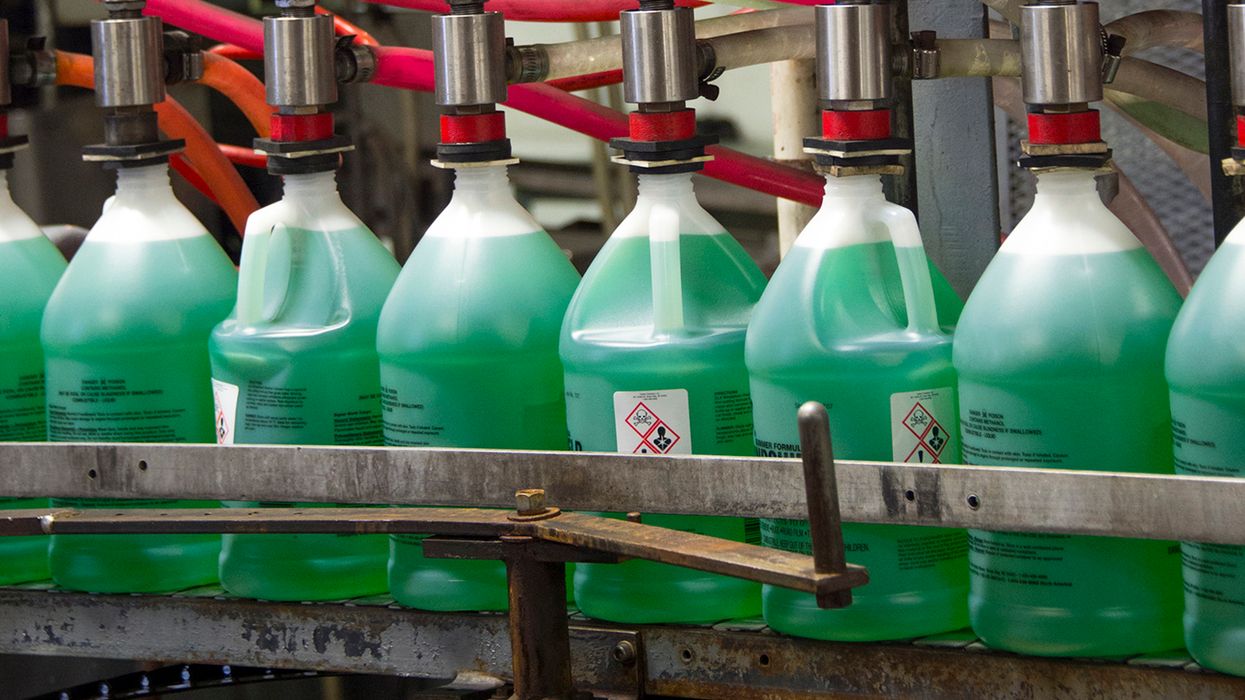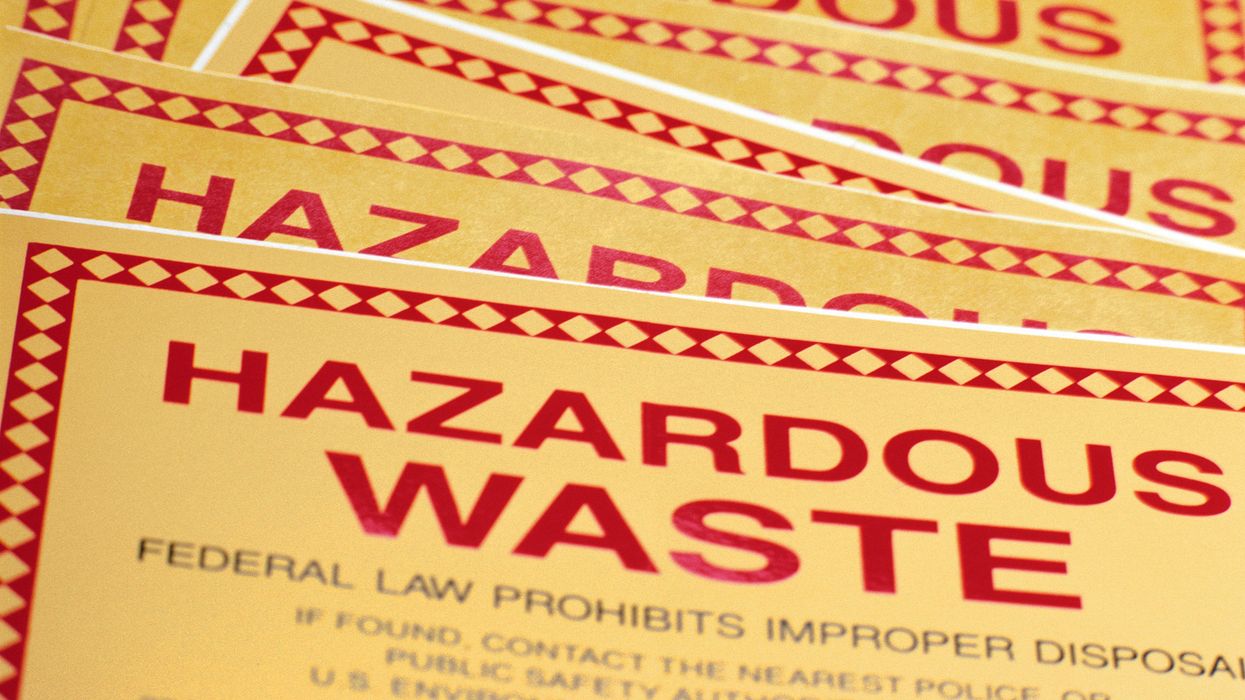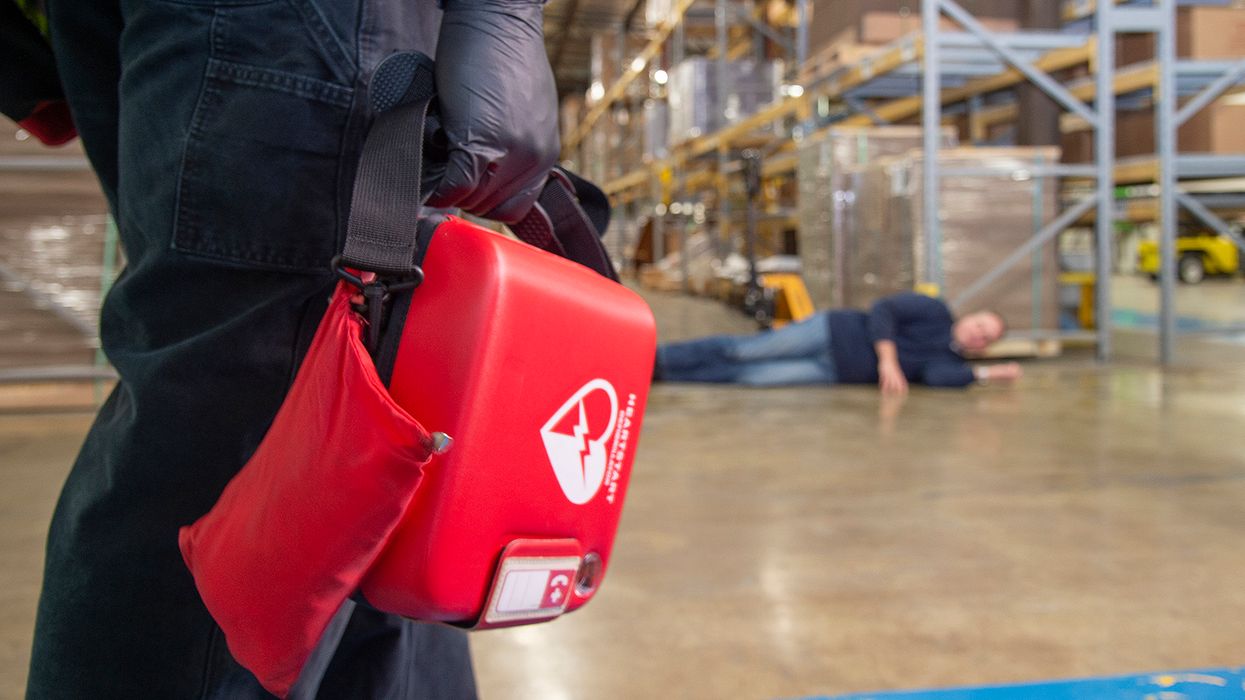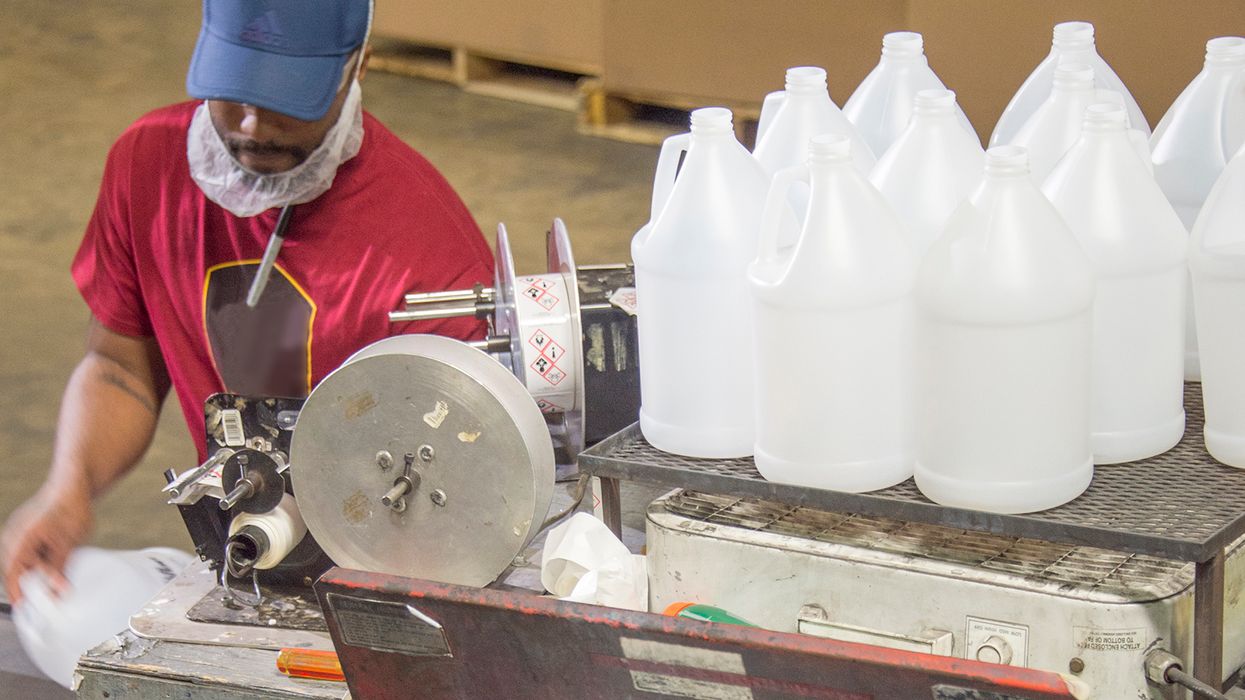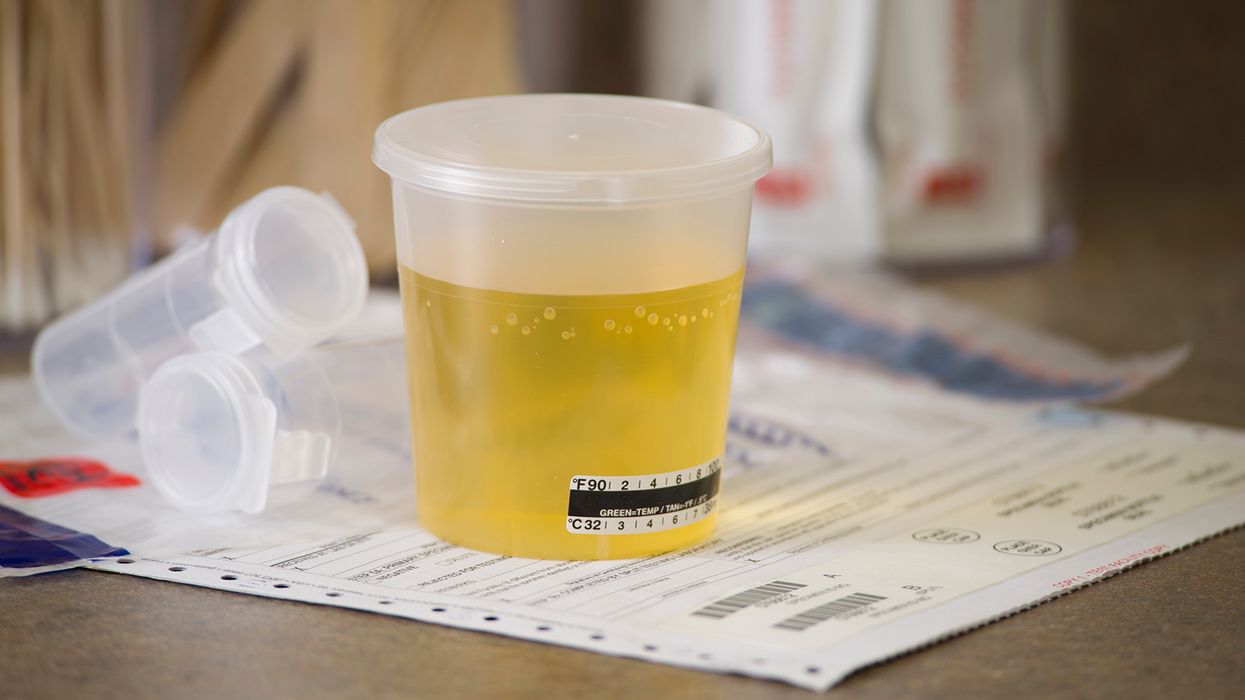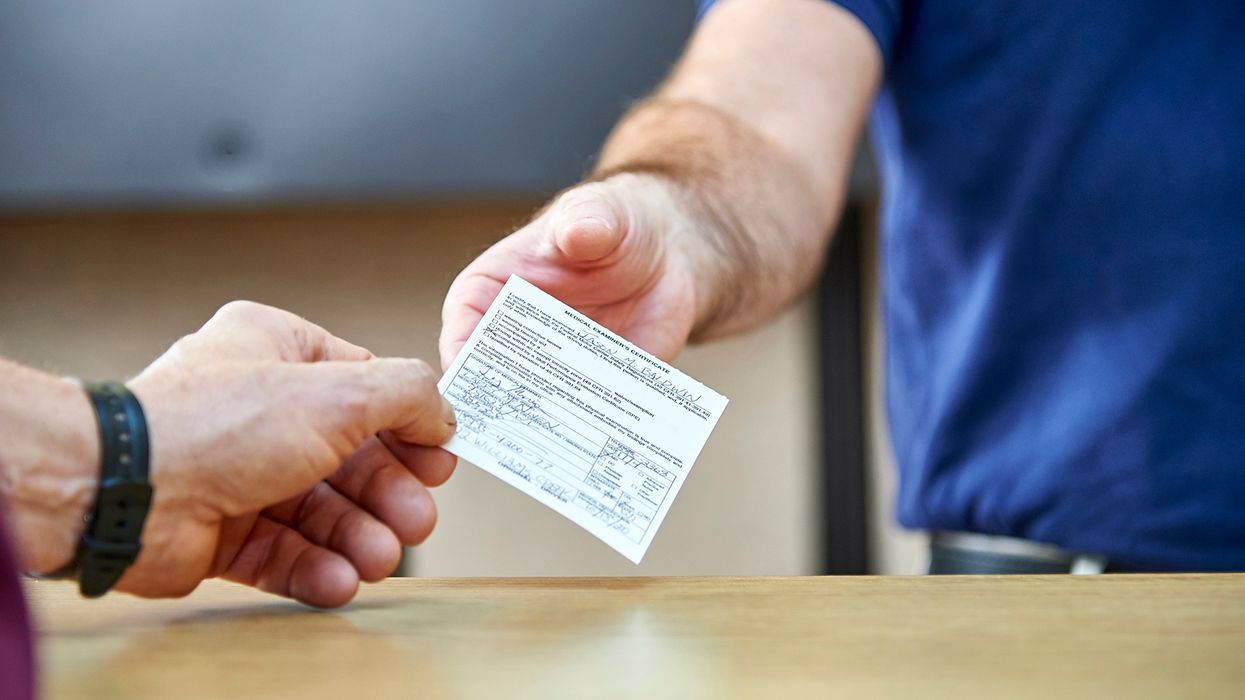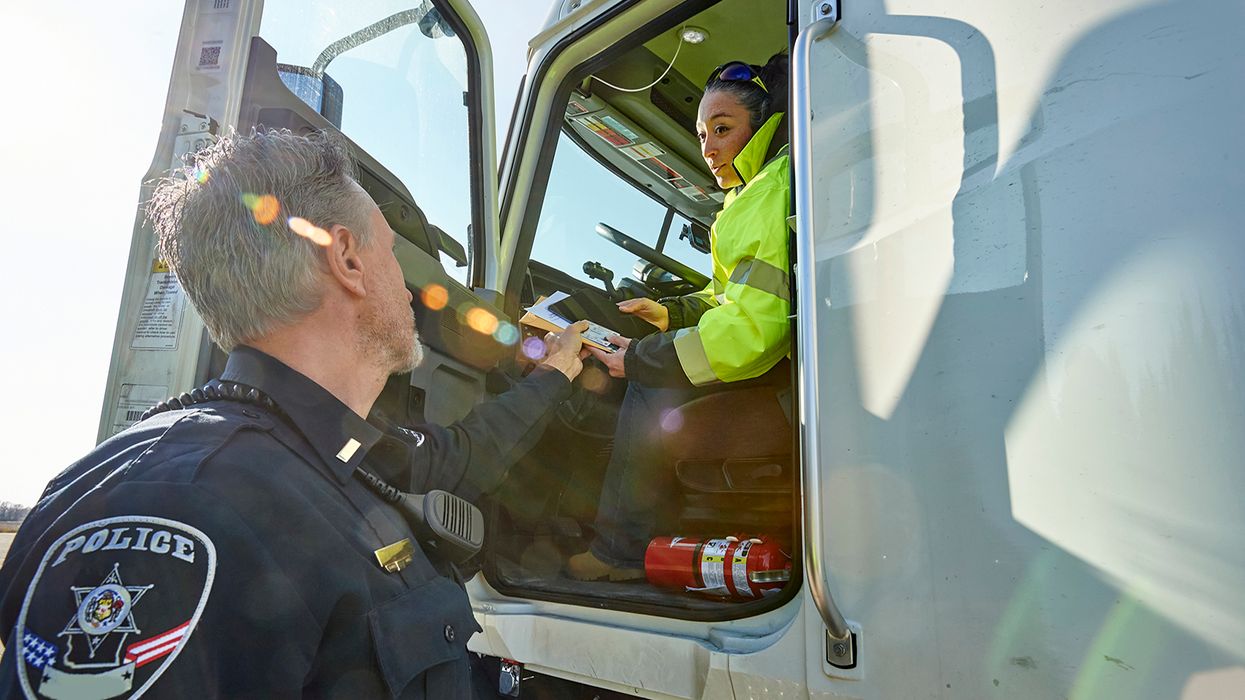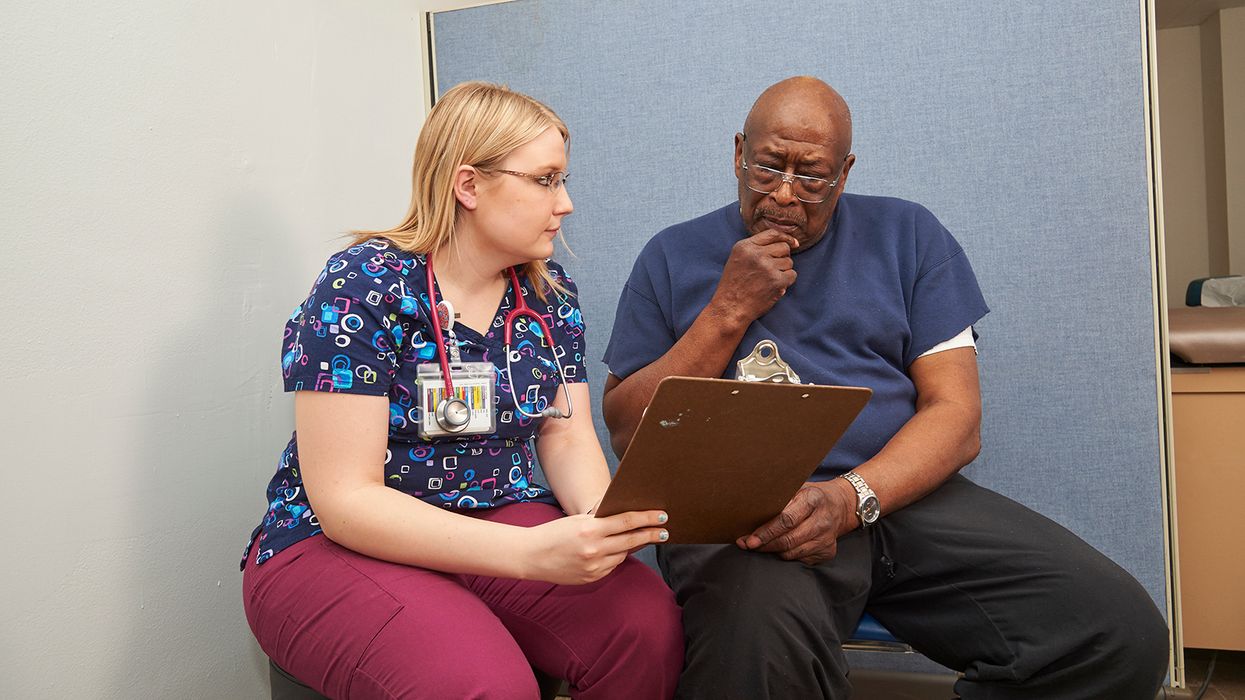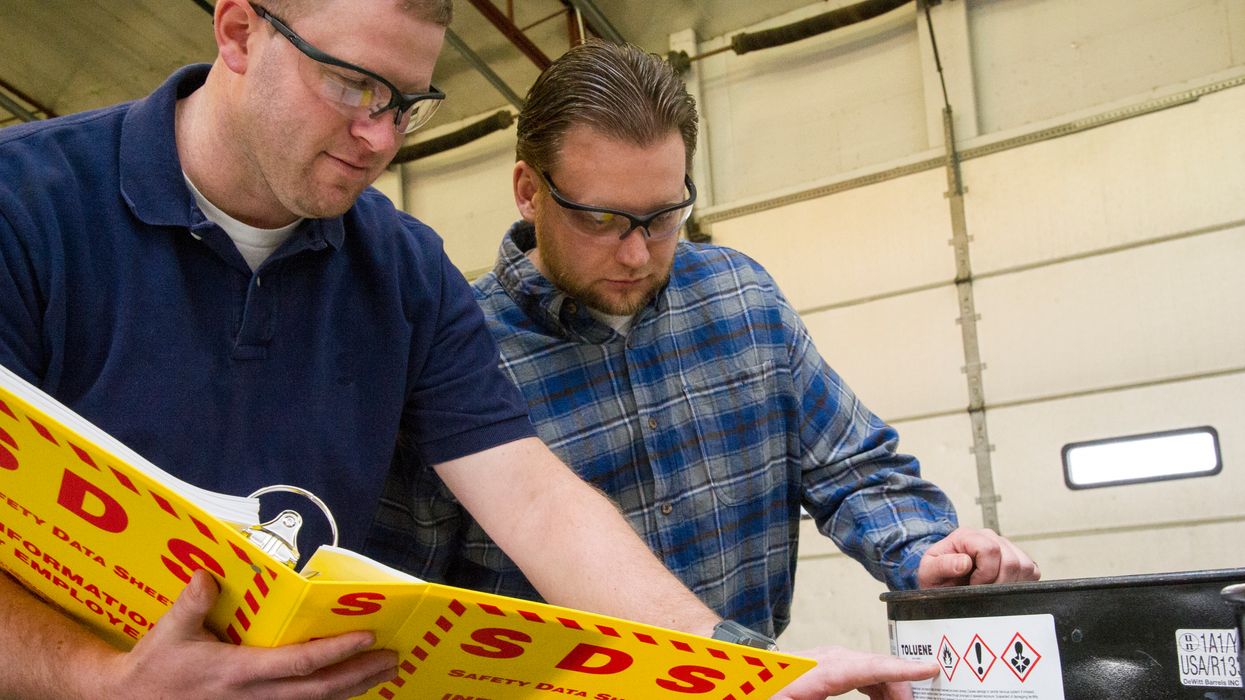Avoid the ‘tell’ with random testing
Poker and random testing have one thing in common: the need to avoid having a “tell” — an action or gesture that reveals something you want to keep secret.
With poker, it might be a facial expression. With random drug and alcohol testing, it could be the way you let your drivers know they’ve been selected.
Do you have a random-testing tell? For many motor carriers, the answer is yes, even if they’re not aware of it. Their drivers, however, may be well aware, and can use that knowledge to their advantage.
“Can you come in early tomorrow?”
Consider one common way motor carriers make sure their drivers are available for testing at a convenient time: they tell them to show up to work early. Carriers may feel that’s an easy way to ensure drivers get tested without disturbing the workday — and some may even want it “off the clock,” though that’s not allowed.
However, any carrier that does all its random testing prior to the normal workday has revealed something important: a pattern in their testing program. Drivers will quickly learn that if they’re told to arrive early, a test is on the way. This removes the element of surprise and defeats the purpose of random testing.
If they know your hand, they may play theirs differently
A tell like this one could:
- Lead drivers to stop drinking alcohol before they otherwise planned to,
- Give drivers extra time to prepare an adulterated urine sample, or
- Prompt them to call in sick that day (which could lead to legal problems if the carrier considers it a refusal when the driver is legitimately sick).
When assessing your random testing program, keep this in mind:
- Random testing notifications must be reasonably spread out. An FMCSA auditor will review the dates and times of your notifications and tests, and you could get in trouble if there’s an obvious pattern. Never order all tests “first thing in the morning.”
- DOT testing is on-duty time (even on a driver’s day off). It’s best to have drivers “clock in” for the day before ordering a random test.
- There can be no “refusal” if a driver was not notified of a test. Calling in sick after simply being told to come in to work early is not, by itself, a refusal of the test.
Above all, play your cards wisely. Make sure you don’t have an obvious “tell” that reveals your whole random-testing game plan.
Key to remember: When it comes to random drug and alcohol testing, make sure your drivers are truly surprised when notified of their selection for testing.



























